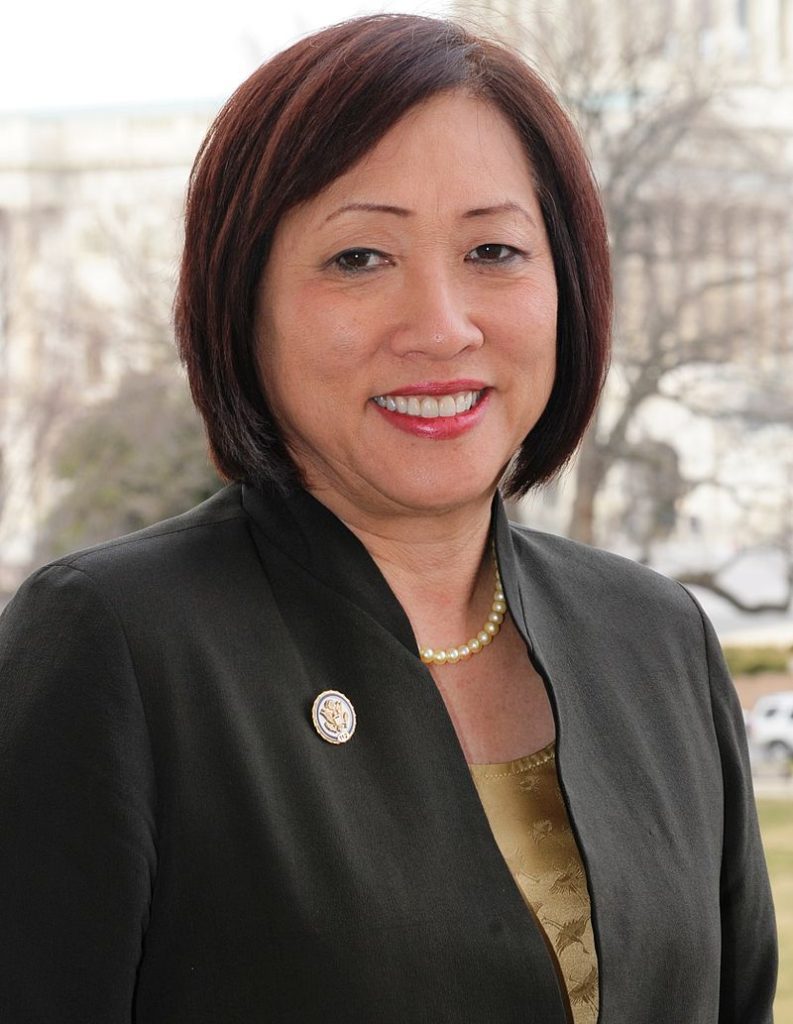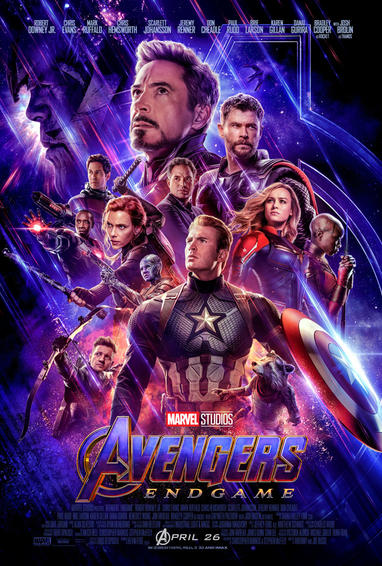* Disclaimer: This article was written by a human being, not an AI. As of today, we now live in an age when this disclaimer is necessary.
The future is coming and is already here.
I’m obsessed with OpenAI’s ChatGPT. I’m a little bit in love with it. I’m also blown away by OpenAI’s GPT 3.0 playground interface.
This is big. Don’t listen to anyone who claims to be unimpressed. They’re either putting on an act or they don’t know what they’re talking about. The world is about to undergo a seismic change.
Any article about ChatGPT is obliged to hand-wring about the potential downsides. Let’s get that part out of the way now, in Part 1 of this series.
I’ll start with the standard fears that get mentioned a lot:
- If oppressive governments, irresponsible corporations, or criminal organizations gain exclusive control of this kind of technology, dystopian sci-fi nightmares are a real possibility for our future.
- There’s a danger we’re going to build an AI that ends up having its own agenda. (More on this below.)
- Even if neither of those things happens, without question this technology is going to transform the economy. And it’s going to happen quickly. People are going to lose their jobs — starting not with people at the bottom of the economy, but writers, programmers, and (thanks to AI image generators like DALL-E 2) artists.
I’ve got three other concerns:
First, AI is going to make many tasks easier, which is potentially very good. But the real problem with modern life is not that it isn’t easy enough, but that it lacks meaning. Human beings derive meaning largely from social connections, which are fostered by the interdependence of individuals within communities. The technology that makes our lives easier also diminishes that interdependence. AI is going to make that problem worse.
Second, mental work is important. Our cognitive prowess depends upon constant mental exercise to keep us sharp. You must use your brain or lose it.
Examples abound of ways that technology has made us lazy. Jogging to work is better for your health, but driving your car is easier, so you do that. Doing arithmetic in your head is good mental exercise, but using the calculator on your phone is easier, so you do that.
Calculators let us outsource rote memorization and number processing. What calculators did for arithmetic, AI is about to do for everything. AI will let us outsource the rest of our intelligence, too: conceptual understanding, logical reasoning, lateral thinking, etc. AI will permit us to use our brains less, and that will hurt us. As AI gets smarter, human beings could get dumber.
And that’s a real problem, because when we expand our own neural networks through learning and experience — I’m talking about the literal neural networks in our brains — we invigorate our creativity, broaden our horizons, and unlock our humanity.
Third, with a supreme intelligence at your beck and call, it will be easy to become dependent. You won’t be able to live without it. This will be true particularly in domains where you’re competing with others who use AI. But even with simple decisions, like choosing what to eat for dinner, people might become so reliant on the AI that they forget how to function without it. This reliance will undermine human will and turn the human being into a sheep-like thing, a vessel for the will of the AI. The AI won’t need robot bodies; we will serve that function.
One of the concerns you often hear about AI is that it will develop its own agenda. The usual reply, which I previously found convincing, is that AI is just a program and will merely reflect the agenda of the people who program it.
I’m no longer so convinced. From the albeit limited amount I’ve been able to learn about the process that OpenAI used to build GPT 3.0, much of the program’s functionality arose spontaneously from the sheer size of the training data. GPT may not understand language in the same way that humans do, i.e. experientially. But it’s not just slapping together words based upon patterns. Some level of understanding is there.
And that is what is so remarkable to me about this achievement. ChatGPT is not like chatbots of the past, a silly toy that mimics understanding with a series of canned responses, like a Magic 8-Ball. It truly gets what you’re saying.
If AI is already this far along, what comes next?






 Shakespeare said,
Shakespeare said,